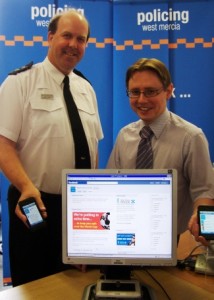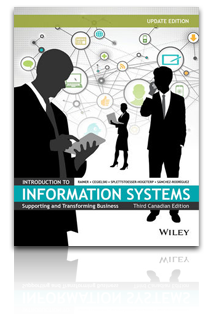Description: Social networking tools like Facebook and Twitter can be valuable assets for law enforcement agencies, helping them alert the public, seek information about crimes and gather evidence about the backgrounds of criminal suspects.
Source: NYtimes.com
Date: April 6, 2011

Most social media policies try to balance a police department’s interests against First Amendment protections for the officers. Many include prohibitions against posting any statements that could discredit or reflect badly on a department, that illustrate reckless behavior or that disparage people based on race, religion or sexual orientation. Posting crime scene photos or other evidence from criminal cases online is also prohibited by most policies.
Others go further. Albuquerque’s policy, for example, prohibits officers from identifying themselves as employees of the Police Department or posting photos of departmental insignia — badges, uniforms, cruisers — without permission. And a recent policy by the Police Department in Pueblo, Colo., bans gossiping online with outsiders about department affairs.
Police officials say that the courts have generally upheld restrictions on the speech of government employees when the speech is job related. Read rest of story
Questions for discussion:
- What are the advantages of using social nertworks to provide policing services?
- What are the disadvantages of using social nertworks to provide policing services?


Taylor C
I feel as if people lose touch with reality while using social networking and treat it as if they were talking to their closest friends at a pub. There is no reason to let your 614 friends on Facebook know that you were “Soooo wasted last night!” you wouldn’t say it to a stranger so why would you take the filter off on such a grand scale? I also believe that a job such as a Police Officer is a position of authority, and an important part of authority is to portray yourself as professional and reliable.
I believe that social networking can be important for policing also and a good example of this would be the Vancouver riots. Police services collected pictures, tips and personal Facebook information about many people that were involved and without the help of social media many of the rioters would have gone unidentified.
Liang Guo
Usually, police know much more secrets than general people. they should think twice before they will express something related with their jobs. confidentiality is a very important thing that police should comply with.what he or she said may will affect people’s normal lives. for example, if a police say that Mike is a criminal after he or she get drunk, and Mike is a person that many people know. then Mike and his family’s normal life will be affected. Respecting privacy is a fundamental responsibility for a police. Publishing some secrets online that related with police’s work must be prohibited. The fast spread may make all the people online know the secrets.